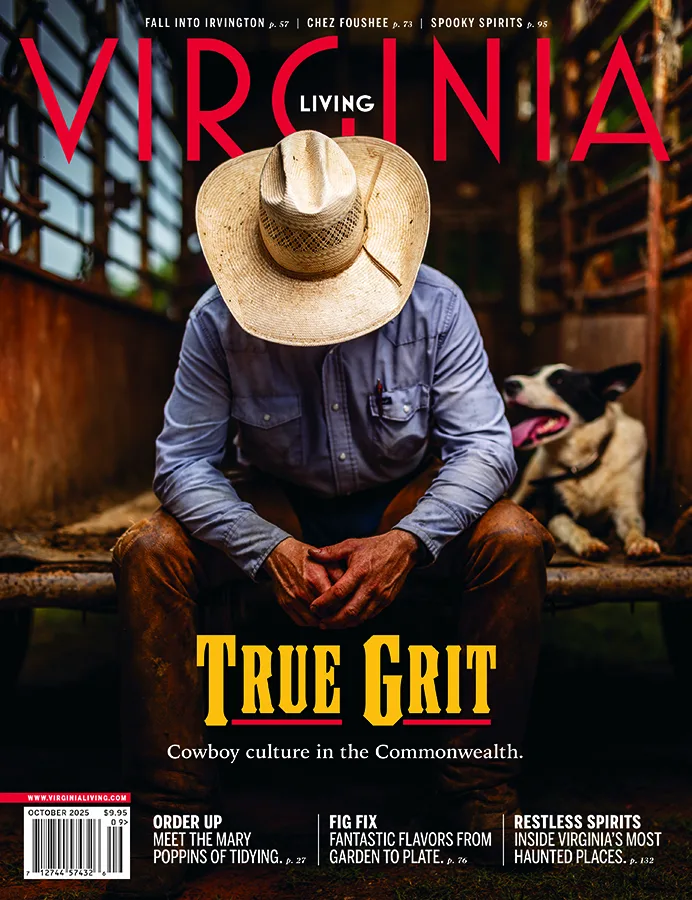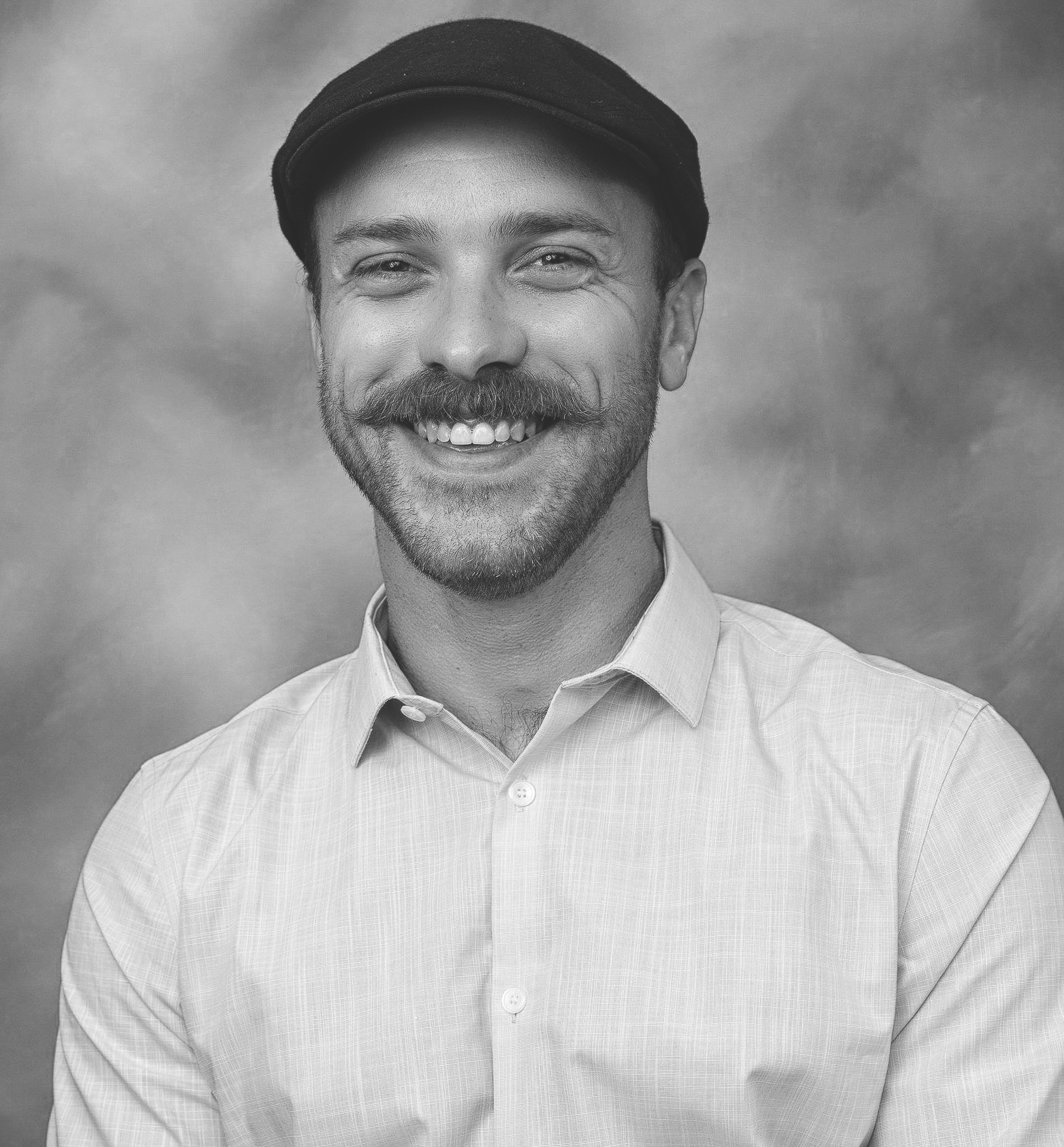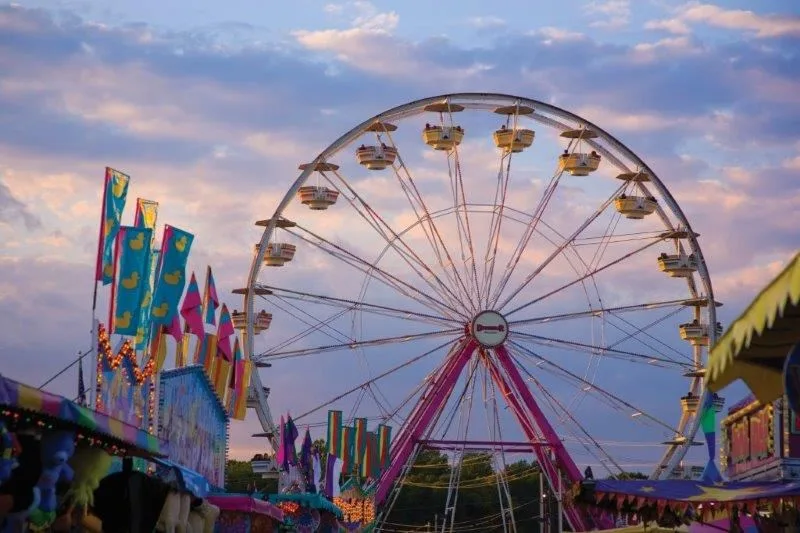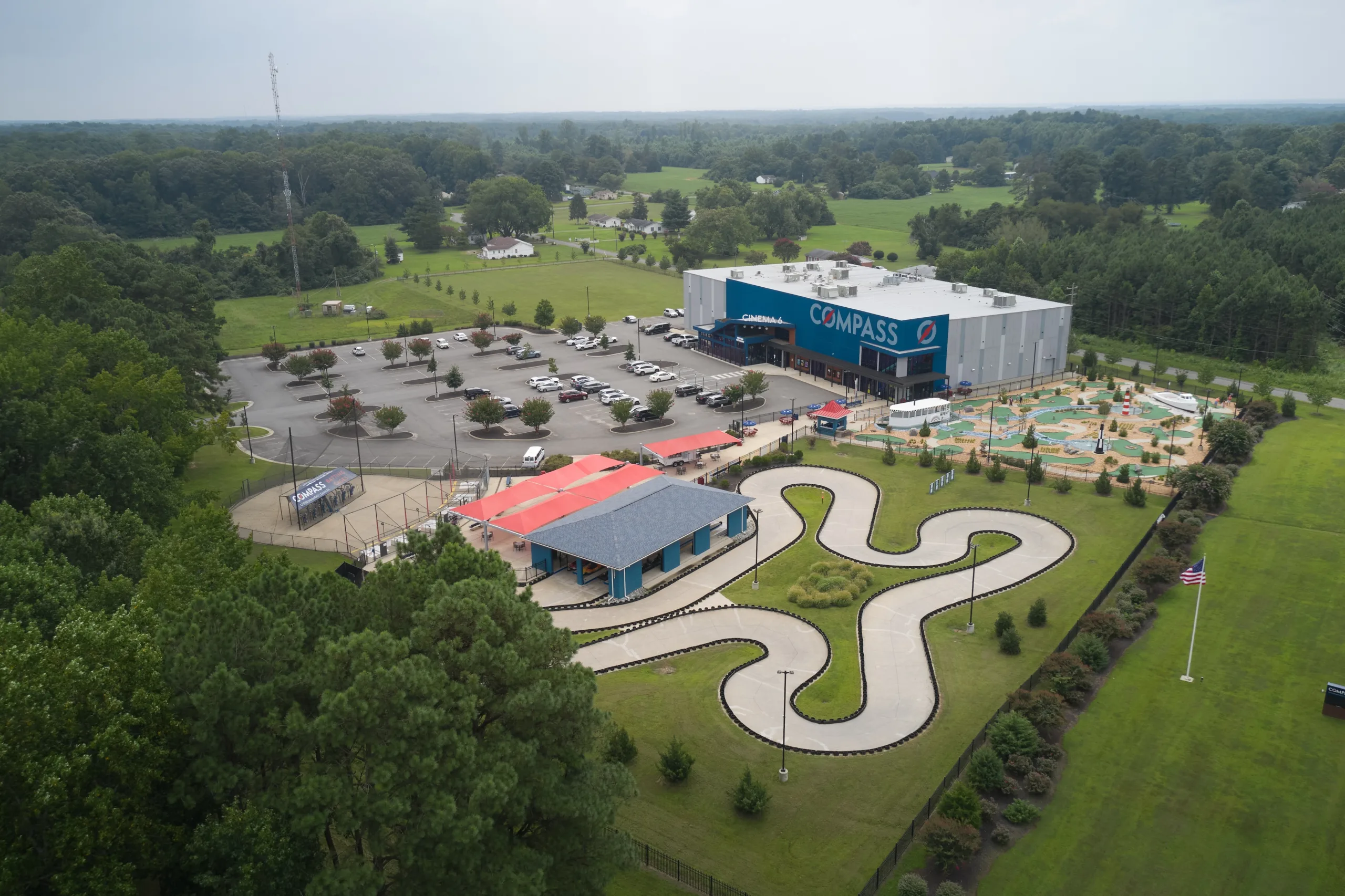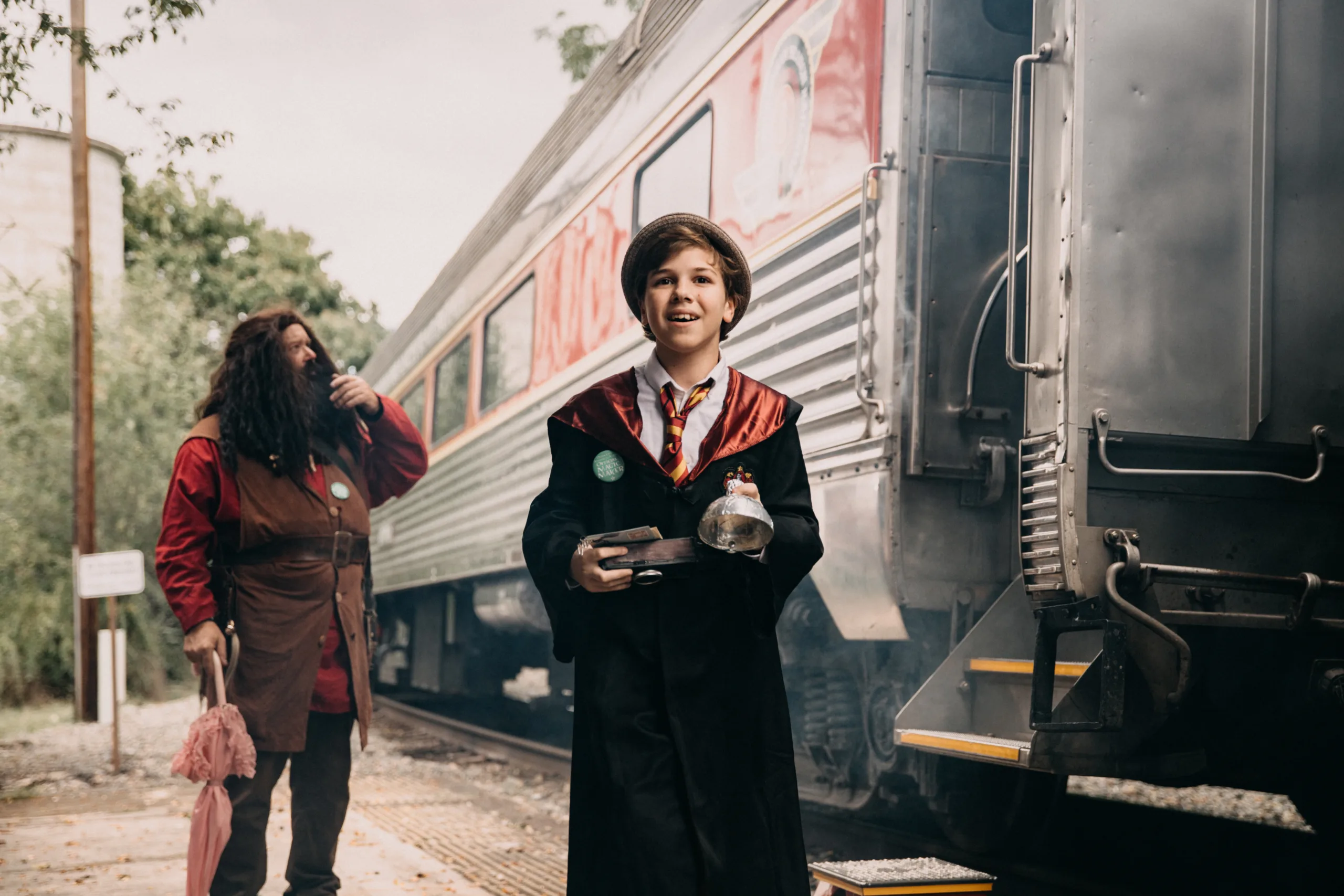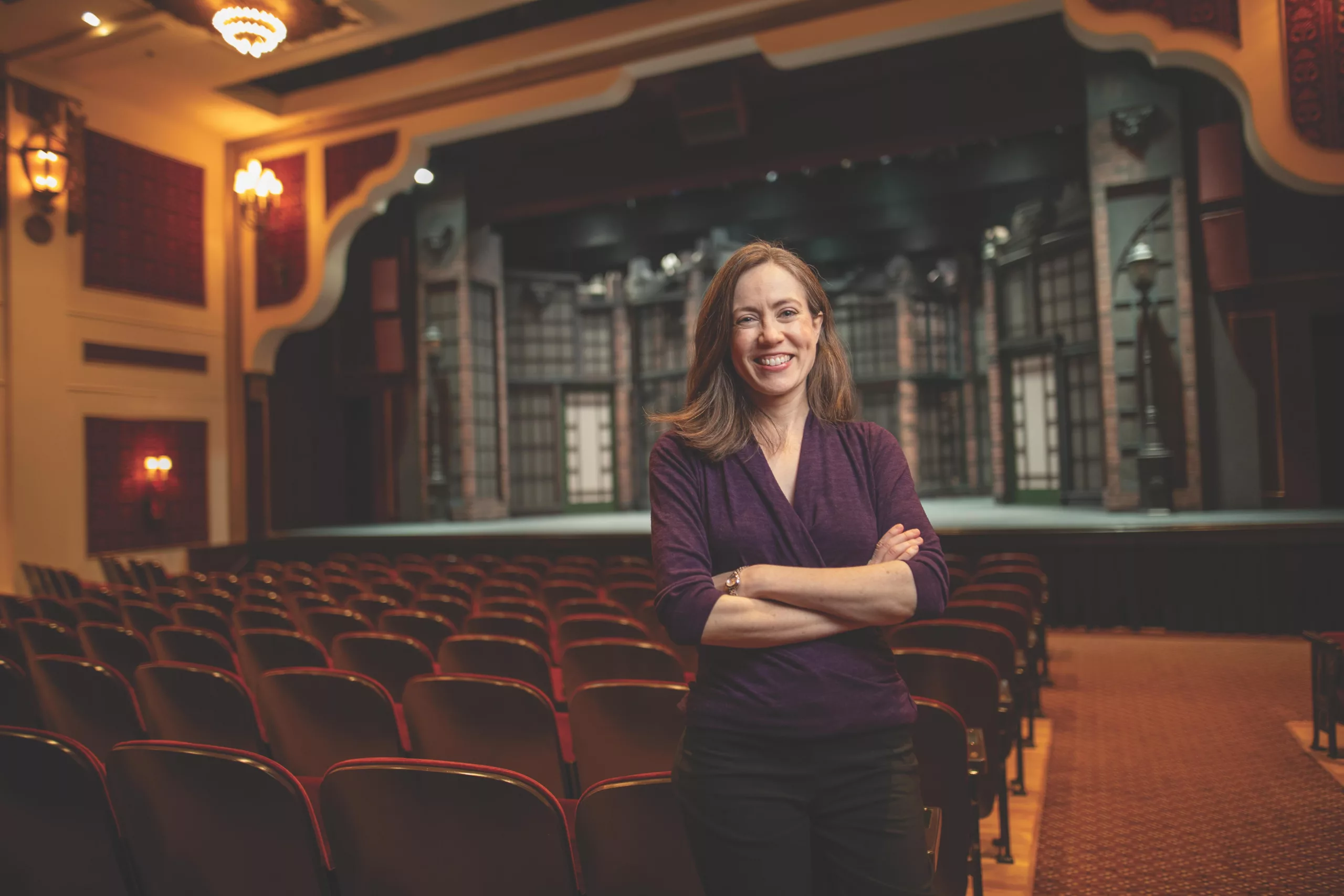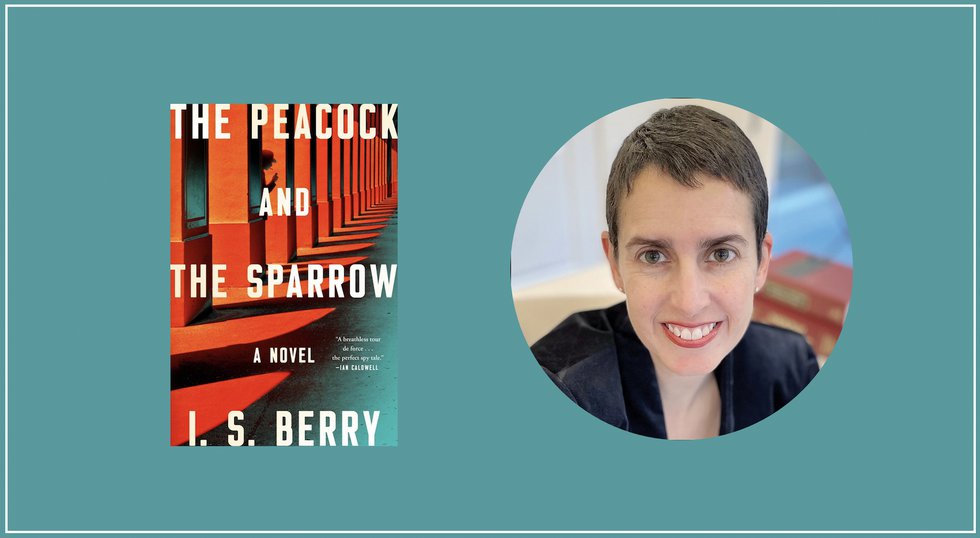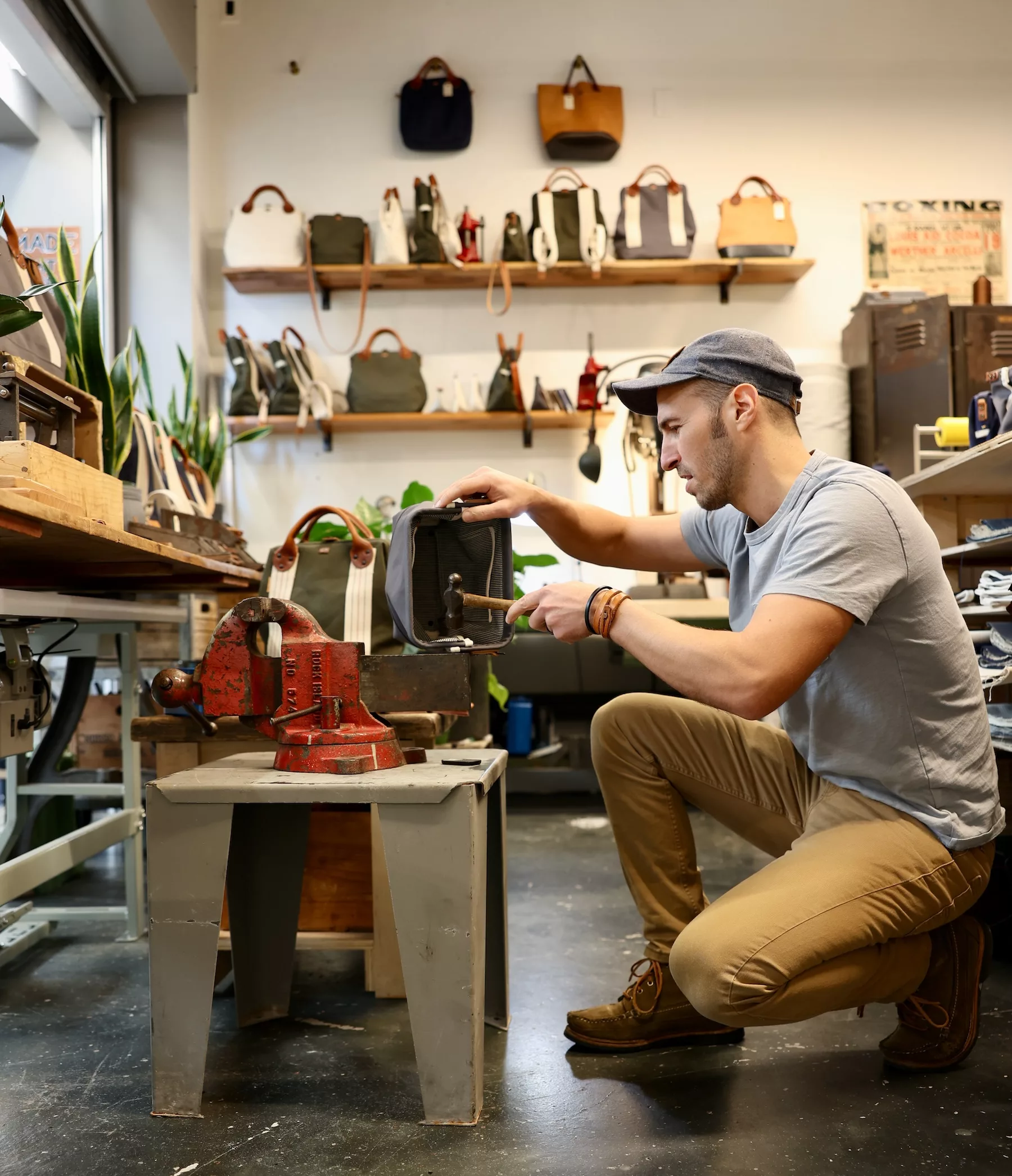For nearly 50 years the Blue Ridge Folklife Festival has attracted visitors to experience rural Virginia folkways.

Spectators at the horse pulling contest.
Photography by Jerry Wolford and Scott Muthersbaugh / Perfecta Visuals
On a chilly October morning, more than 1,000 spectators have gathered on a grassy hillside at Ferrum College to watch the Blue Ridge Folklife Festival Coon Dog Treeing Contest. Decked in camouflage, a father and his elementary-aged son lead their prized Walker hound through the crowd to a fenced-in ring about the size of a large gazebo. They kneel beside the immaculate dog, holding him by the collar as a judge in a flannel shirt fans a stuffed raccoon before his anticipating jaws.
The coon skin is drawn by rope up a high pine pole in the center of the ring. Prompted by the drawling announcer, father and son let go. The hound charges, eyes locked on the fur. He circles, head raised, yipping a stream of sharp calls. He bounds into the air, furiously clawing at the pole, straining to pursue the faux animal.
Thirty seconds later, time is called. The crowd erupts. The father strides into the ring to retrieve the dog. The boy follows, glancing about as if astounded. Tipping his hat, the father leashes the hound and, taking his son by the hand, promptly exits the ring.

Isabella Jones and her dog, Big Annie, who placed in the coon dog water races.
“That there’s gon’ be your winner,” Jon Blosser calls toward my ear. A native of Franklin County, the 59-year-old is a former three-time grand national champion coon hunter. His bluetick hounds have competed at the festival for 35 years running. “The goal is to get the dog to bark as many times as he can in half a minute,” he explains. “It takes a darn well-trained dog to keep focused with all these people around and so much scent in the air. That there’s a champion if I ever seen one.”
The event is my first. Compared to lackluster showings of five to 10 barks, an instance of complete canine indifference, and what I thought were strong efforts, the Walker’s performance has left me awed. When the official score is announced—a whopping 54 barks—it has taken the lead. Urged on by the crowd, father, son, and dog return for a bashful encore wave.
“Most of these events, you don’t get that response,” says a grinning Blosser, who is attending with his son, Dexter, 26. “That’s what makes this festival so special. Most of these folks have never seen anything like this. They come out here and get excited about it. It’s a way to introduce them to [centuries-old] traditions that are still around today.”
Which is exactly the point. For the past 45 years, the fest has sought to celebrate and showcase rural Appalachian folkways. From mule jumping, basket weaving, sheepherding, and artisan butchery, to hotrod restoration, coffin making, moonshining, masonry, bluegrass, and gospel music, to heritage canning and gardening, heirloom apples, and more, the event invites visitors to learn about the region’s historical traditions from its present-day practitioners.

Joe Brubaker and his horse grind corn.

Hhorse-drawn corn grinder.

Hunting for candy in the straw.

An old-fashioned sack race.

Coon dog water races.
The festival has grown exponentially since its inaugural event in 1973. From a handful of vendors and activities, and just a few hundred attendees, it has expanded to include more than 100 performers, presenters, and vendors and attract crowds of 10,000 people or more. Formerly isolated to a small corner of the college’s central courtyard, the one-day fest now takes up most of the campus and its neighboring Blue Ridge Institute Farm Museum.
“For the folks of Franklin County, it has become a kind of homecoming,” explains Bob Most, 69. A member of the Southwest Virginia Antique Farm Days organization, he has attended the festival for 20 years. These days, the event finds him teaching visitors about transitions in agriculture. With a team of club volunteers, he demonstrates how turn-of-the-century farmers adapted a locomotive-sized 1915 Peerless steam engine to bale hay, thresh wheat, cut shingles, crush rock, and more.
“This event showcases what the area’s all about,” continues Most. That is, a farm-friendly lifestyle, strong community bonds, homegrown music, and DIY attitudes.
“In an age where technology has left us more and more detached from the land, it’s valuable to see how people did things in the old days,” he says. “When you realize what they were able to accomplish by hand, without the help of computers, it’s just astounding.”

Dillon Clements tunes up a Peerless steam engine.

Little Miss Franklin County Agricultural Fair WeeBaby winner Cheyenne Owens, age 3.

The New North Carolina Ramblers jam.

Jacob Rutledge’s horse team pulling a sled.

Walker hound Paycheck trees a coon skin.

Pedal tractor collector Jane Crawford.
The feeling is one founder and director Roddy Moore knows well. In many ways, the event is the outgrowth of his life’s work. A folk-lorist by profession, the 75-year-old has spent more than 50 years documenting and preserving Appalachian folkways—most notably as curator and director of the Blue Ridge Institute and a project director for the Smithsonian Folkways Recordings.
“I grew up in a coal-mining town in West Virginia, and when I left the area and traveled elsewhere, I realized how unique its traditions were,” explains Moore. As a teenager, the interest led him to collect muzzle-loading rifles, scour the woods for arrowheads, and learn to restore antique hotrods. “The older I got, the more I became fascinated by the cultural history of rural Appalachia,” he says. “Seeing so much of that traditional folk culture still in practice, I wanted to find a way to preserve it, to keep it alive.”
The ambition carried Moore to the State University of New York’s Cooperstown Graduate Program, where he earned a master’s degree in American folk culture. After a stint working with an archaeological team at Colonial Williamsburg, he moved to the mountains of southwest Virginia to teach. Three years later, he accepted a faculty position at Ferrum College and began planning the first Blue Ridge Folklife Festival.

Demonstrating farm equipment.
“In this region, folk traditions are still being practiced and passed down from generation to generation,” he says. “My idea was, if I can get out into the backcountry and talk to people, I can find out who’s doing what. When folks saw I was sincere, they got excited about the opportunity to share their knowledge with others.”
Over time, Moore built a network of folkway connections. Helpful suggestions led him to talented practitioners like Roy Johnson, a U.S. and international championship winning trainer of sheepherding dogs. For the past 20 years, the Gladys native has given herding demonstrations at the festival. The same is true for coon hunter Jon Blosser, Franklin County moonshining legend Jimmy Boyd, renowned fiddle-maker Jackson Cunningham, and nearly every other vendor, participant, and presenter at the festival.
“This is as authentic as it gets,” says Dexter Blosser, surveying the festival grounds. Having attended since before he can remember, he hopes to share the event with children of his own one day. “Once a year, these things you grew up surrounded by or hearing your grandparents tell about come together in one place,” he reflects. “You’re reminded how important these traditions are. They’re in our blood; they help make us who we are.”
This year’s festival takes place Oct. 26. Ferrum.edu

Wayne Martin fiddling.
Kin Folk
Looking for more great folk events? Here are some of the best the Commonwealth has to offer.
Great American Indian Exposition Pow Wow and Show, Richmond
For nearly 30 years, tribal representatives from throughout Canada and the U.S. have gathered for an event that is unlike any other in the world. Expect indigenous dancing, singing, drumming, crafts, art, presentations, and more. Nov. 7-10. 252-532-0821
Virginia Folklife Apprenticeship Showcase, Charlottesville
Held at James Monroe’s Highland, the event spotlights apprentices from a variety of backgrounds, including jazz guitar, gospel singing, hotrod building, Mongolian contortionism, and much more. May. VirginiaFolklife.org
Old Fiddlers’ Convention, Galax
One of the oldest, continually running heritage music and dancing festivals in the nation. For more than 80 years, visitors have been treated to bluegrass and old-time music at its finest. August. OldFiddlersConvention.com
Richmond Folk Festival, Richmond
Produced by the Virginia Folklife Program, the festival is in its 14th year and is the largest such event on the East Coast. October. RichmondFolkFestival.org
Virginia Czech & Slovak Folklife Festival, Prince George
Celebrates the heritage and traditions of immigrant families that settled in the region just after the Civil War. Features genealogical and farm exhibits, traditional foods, baked goods, beer, music, and more. October. PrinceGeorgeVaHistoricalSociety.org
This article originally appeared in our October 2019 issue.
